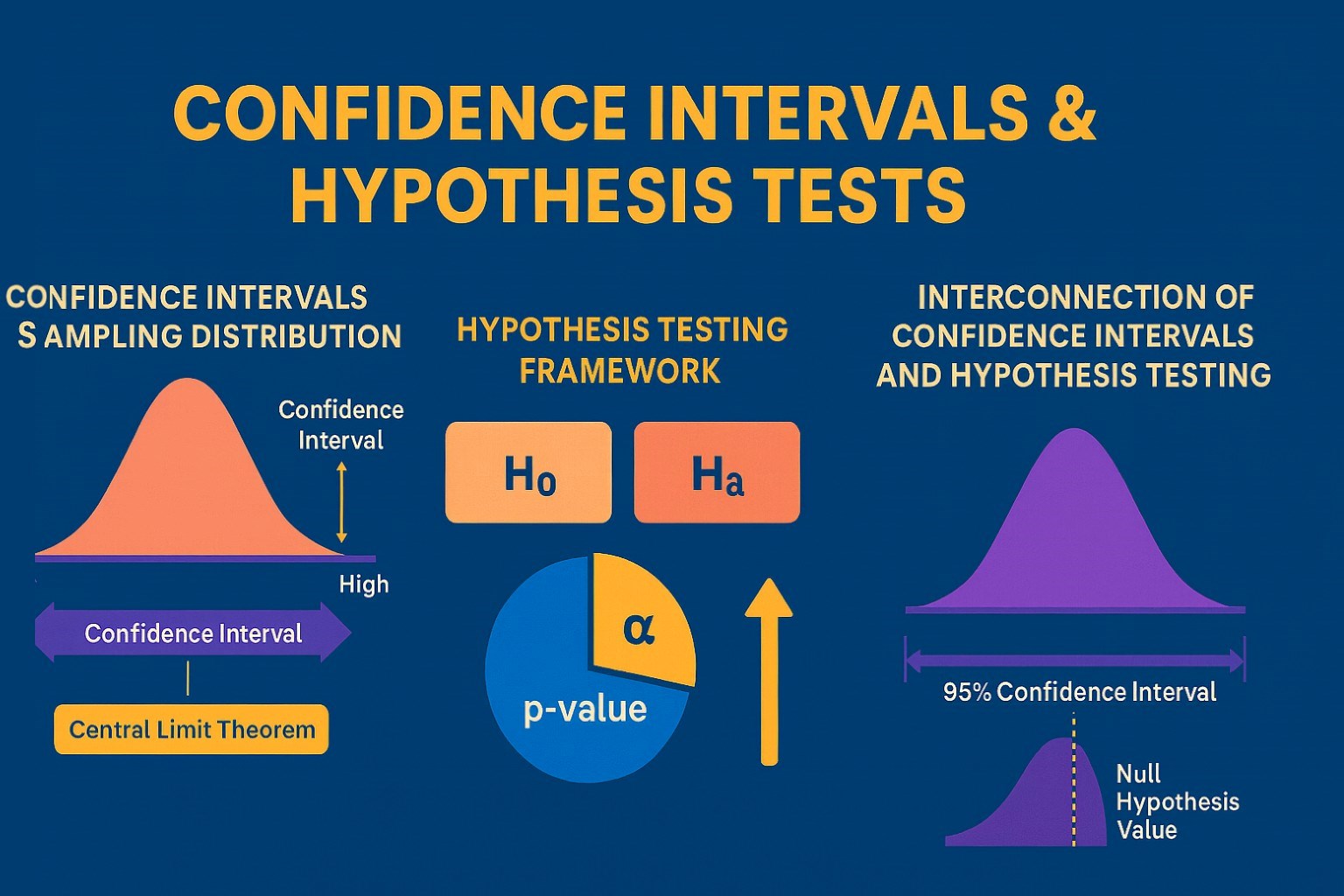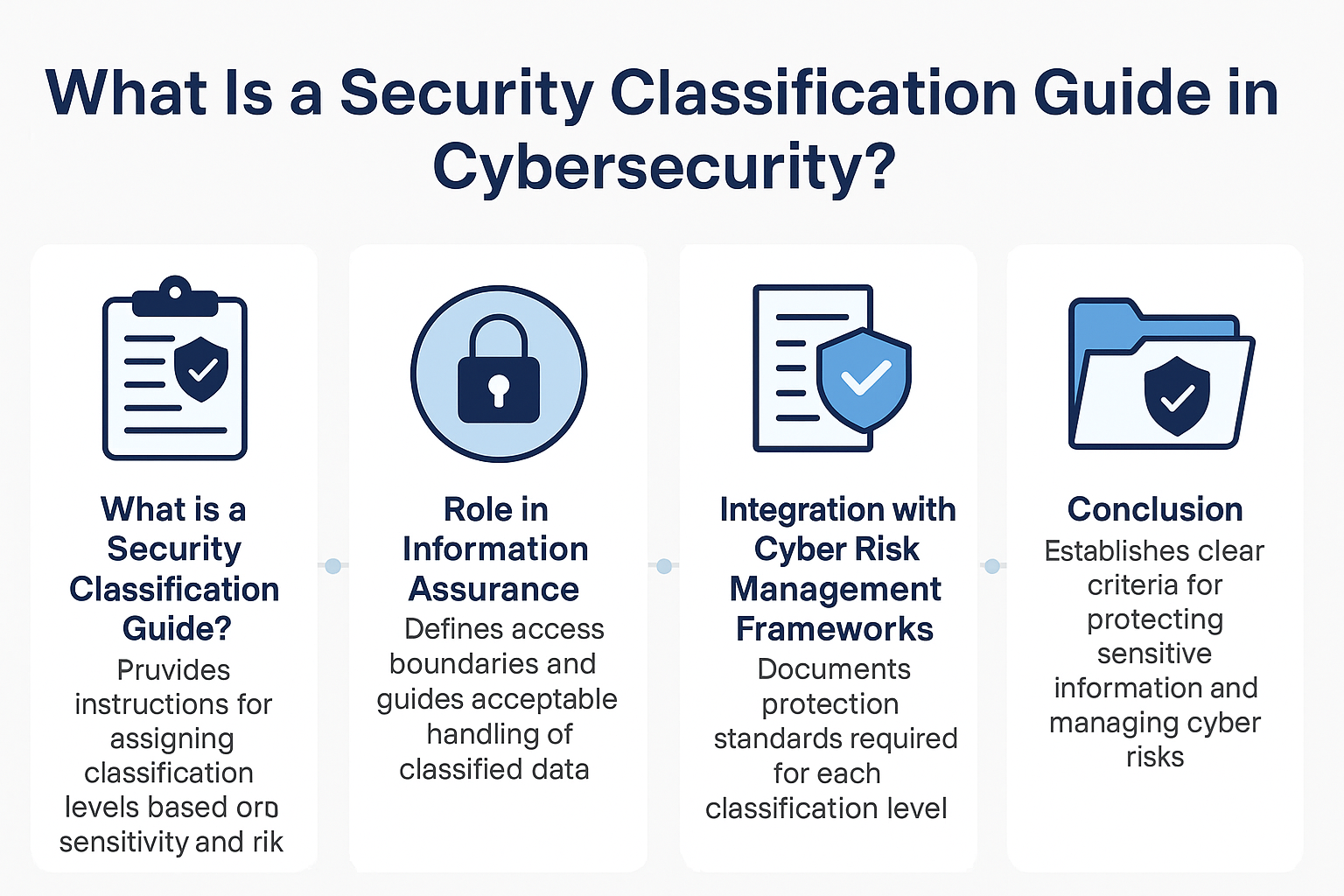What Companies Expect from Product Managers in 2025: Skills, Tools, and Trends

What Companies Expect from Product Managers in 2025: Skills, Tools, and Trends
As the role of a Product Manager (PM) continues to evolve, especially in tech-driven and fast-paced industries, US companies are increasingly seeking professionals who are well-equipped to manage the complexities of product development, launches, and lifecycle management. With the rapid advancements in AI, data analytics, and cloud technology, the expectations for PMs in 2025 are higher than ever.
In this blog, we will explore the essential Product Managers skills, the tools they should be familiar with, and the emerging trends that are shaping the role of a product manager in 2025. We will also cover the certification opportunities available to aspiring PMs and provide insights into salaries and entry-level opportunities. Enhance your career potential—join Sulekha and get trained in modern Product Management tools and frameworks
Product Managers Skills: What Do You Need?
US companies are increasingly looking for product managers with a wide range of technical and interpersonal skills. Here’s a breakdown of the key Product Manager skills that will be in high demand in 2025:
1. Technical Skills:
While product managers are not expected to code, understanding the technical aspects of a product, especially in software, AI, or hardware, is crucial. Familiarity with project management software such as Jira, Asana, or Trello, along with tools like SQL for querying data, will be highly valued.
2. Data-Driven Decision Making:
In 2025, product managers will be expected to base decisions on data, utilizing analytics platforms to understand user behavior, market trends, and product performance. Skills in data analysis and A/B testing will be a must. According to a report by McKinsey & Company, data-driven decision-making is one of the key drivers of competitive advantage in product development.
3. Customer-Centric Thinking:
Keeping the customer’s needs at the forefront of product development is essential. Understanding customer pain points and utilizing feedback to guide product direction will be more important than ever in 2025. A strong customer journey understanding and the ability to iterate based on user feedback will distinguish top-performing product managers.
4. Leadership and Collaboration:
Product managers must lead cross-functional teams effectively, managing stakeholders from marketing, engineering, and sales. They need to be excellent communicators, inspiring teams and ensuring smooth collaboration between diverse departments. According to a survey by the Product Management Institute, strong leadership and communication skills are among the most critical traits for PMs in 2025.
5. Agile and Lean Methodologies:
Agile practices are essential for PMs as they must manage frequent iterations and ensure that products stay on track. Familiarity with Agile, Scrum, or Kanban methodologies will be a significant advantage in managing project timelines and prioritizing tasks.
6. Strategic Vision:
Product managers will need to adopt a strategic mindset, aligning product roadmaps with company goals and long-term market trends. This involves anticipating future customer needs, staying ahead of competitors, and ensuring product offerings meet evolving industry standards.
Roles and Responsibilities of Product Managers in 2025
The roles and responsibilities of product managers in 2025 will continue to expand, with PMs expected to manage more complex and tech-driven products. Key responsibilities will include:
1. Product Roadmap Management:
PMs will need to define clear, actionable roadmaps that align with company objectives. In 2025, this will also require integrating real-time feedback and market shifts into the product strategy.
2. Cross-Department Collaboration:
Collaboration across various teams (engineering, marketing, sales) will be essential. Product managers will need to manage and align cross-functional teams to ensure the successful development and launch of products.
3. Market Research and Analysis:
Understanding the market landscape will be crucial. PMs will need to use analytics tools to monitor customer feedback, competitor products, and market trends to drive product success.
4. Product Lifecycle Management:
From ideation to post-launch analysis, PMs will oversee the entire lifecycle of a product. Managing the product backlog and ensuring that every release meets business and customer needs will remain a key responsibility.
Product Manager Salary: What to Expect in 2025
Salaries for product managers are expected to rise in 2025, driven by the increasing demand for skilled professionals. Here’s a breakdown:
1. Product Manager Salary in 2025:
According to Glassdoor, the average product manager salary in the US is around $130,000 annually. However, salaries can be higher in competitive industries like technology, AI, or fintech, with figures ranging between $150,000 to $180,000 for experienced professionals.
2. Product Manager Entry-Level Salary:
Entry-level product managers in 2025 can expect a salary between $75,000 and $95,000 annually. However, these numbers vary depending on the industry and location. For example, entry-level salaries in high-demand markets like San Francisco or New York can be higher. Data from Indeed suggests that PMs with strong technical skills or experience in AI products may earn a premium.
3. Senior Product Manager Salary:
Senior product managers, with extensive experience and leadership skills, can expect salaries upwards of $150,000 per year, especially in industries like SaaS, AI, and fintech. Some high-end positions may even offer compensation packages exceeding $200,000, especially in large tech companies.
AI and Project Management Software for Product Managers
Project management software will remain a critical tool for product managers to plan, track, and collaborate on product development. Some of the top tools to expect in 2025 include:
• Jira: Widely used for managing Agile development projects, Jira is essential for tracking product progress, managing backlogs, and ensuring cross-functional collaboration.
• Asana: Helps product managers organize workflows, assign tasks, and track the status of each project in a streamlined and visual manner.
• Trello: Known for its simplicity and ease of use, Trello is particularly effective for smaller projects or teams that need a more visual approach to managing product timelines.
• Monday.com: A customizable platform designed to manage workflows across departments. Ideal for larger product teams working on complex projects.
• Airtable: Combines project management with database functionality, allowing product managers to organize data, timelines, and product features in a flexible, easy-to-manage environment.
These tools will be pivotal in helping PMs maintain alignment and ensure that products are delivered on time and meet all stakeholder requirements.
Certification for Product Managers: Pathway to Expertise
As the demand for product managers increases, obtaining the right certifications can significantly boost your career prospects. Here are some certifications that can help aspiring product managers get ahead:
1. Certified Scrum Product Owner (CSPO):
The CSPO certification focuses on Agile principles and product ownership. It's ideal for PMs working in Agile environments. According to Scrum Alliance, this certification helps PMs understand how to prioritize backlogs and manage sprints effectively.
2. Pragmatic Marketing Certification:
This certification is widely recognized for product managers who want to enhance their ability to market and manage products effectively. It covers topics like pricing, product positioning, and go-to-market strategies.
3. IBM Product Management Training: IBM Product Management help you gain in-depth knowledge of product lifecycle management, customer research, Agile methodologies, and data-driven decision-making. This training equips you with the practical skills and tools needed to excel as a modern product manager, including hands-on experience with industry tools like Jira, Trello, and product analytics platforms.
Conclusion: The Future of Product Management in 2025
The role of the product manager is evolving rapidly. By mastering the essential Product Managers skills, gaining certification, and staying updated on industry tools, PMs will be well-prepared for the challenges of 2025. The future will require product managers to possess a strategic mindset, leverage data for decision-making, and lead cross-functional teams through complex product lifecycles.
Salaries are expected to remain competitive, with strong career growth potential, particularly for those with advanced skills in AI, machine learning, and Agile project management. For those just starting out, there are ample opportunities, with entry-level product manager salaries remaining strong and increasing in major tech hubs.
Whether you're just beginning your career or are a senior product manager, mastering these skills and tools will help you stay ahead of the curve in the ever-evolving product management landscape.
Take the next step towards your professional goals in Advanced Application Life Cycle Management
Don't hesitate to talk with our course advisor right now
Receive a call
Contact NowMake a call
+1-732-338-7323Related blogs on Advanced Application Life Cycle Management to learn more

Top Benefits of Project Management (PMP) Certification for Professionals and Employers
Unlock career opportunities with our comprehensive guide to PMP certification. Learn why PMP certification is demanding, understand what PMP Certification entails, and explore the advantages of taking the PMP certification exam. Discover the top bene

Advanced Application Life Cycle Management- The Best Way To Improve Product Quality
A package of software suites designed, developed and marketed by HP(Hewlett-Packard) called ‘Application Life Cycle Management’ or ‘ALM’ is used to accelerate the secure delivery of software applications. ALM targets to manage the core lifecycle of s
Latest blogs on technology to explore

Java in 2026: Why This ‘Old’ Language Is Still Your Golden Ticket to a Tech Career (And Where to Learn It!
Think Java is old news? Think again! 90% of Fortune 500 companies (yes, including Google, Amazon, and Netflix) run on Java (Oracle, 2025). From Android apps to banking systems, Java is the backbone of tech—and Sulekha IT Services is your fast track t

From Student to AI Pro: What Does Prompt Engineering Entail and How Do You Start?
Learn what prompt engineering is, why it matters, and how students and professionals can start mastering AI tools like ChatGPT, Gemini, and Copilot.

Cyber Security in 2025: The Golden Ticket to a Future-Proof Career
Cyber security jobs are growing 35% faster than any other tech field (U.S. Bureau of Labor Statistics, 2024)—and the average salary is $100,000+ per year! In a world where data breaches cost businesses $4.45 million on average (IBM, 2024), cyber secu

SAP SD in 2025: Your Ticket to a High-Flying IT Career
In the fast-paced world of IT and enterprise software, SAP SD (Sales and Distribution) is the secret sauce that keeps businesses running smoothly. Whether it’s managing customer orders, pricing, shipping, or billing, SAP SD is the backbone of sales o

SAP FICO in 2025: Salary, Jobs & How to Get Certified
AP FICO professionals earn $90,000–$130,000/year in the USA and Canada—and demand is skyrocketing! If you’re eyeing a future-proof IT career, SAP FICO (Financial Accounting & Controlling) is your golden ticket. But where do you start? Sulekha IT Serv

Train Like an AI Engineer: The Smartest Career Move You’ll Make This Year!
Why AI Engineering Is the Hottest Skillset Right Now From self-driving cars to chatbots that sound eerily human, Artificial Intelligence is no longer science fiction — it’s the backbone of modern tech. And guess what? Companies across the USA and Can

Confidence Intervals & Hypothesis Tests: The Data Science Path to Generalization
Learn how confidence intervals and hypothesis tests turn sample data into reliable population insights in data science. Understand CLT, p-values, and significance to generalize results, quantify uncertainty, and make evidence-based decisions.

What Is a Security Classification Guide in Cybersecurity?
A Security Classification Guide (SCG) defines how to categorize information assets by sensitivity, with clear instructions from authorized officials to ensure consistent, compliant data handling.

Artificial Intelligence – Field of Study
Explore how Artificial Intelligence blends Machine Learning, Deep Learning, NLP, and Computer Vision to build intelligent systems that learn, reason, and decide. Discover real world applications, ethics, and booming career scope as AI education deman

Understanding Artificial Intelligence: Hype, Reality, and the Road Ahead
Explore the reality of Artificial Intelligence (AI) — its impact, how it works, and its potential risks. Understand AI's benefits, challenges, and how to navigate its role in shaping industries and everyday life with expert training programs